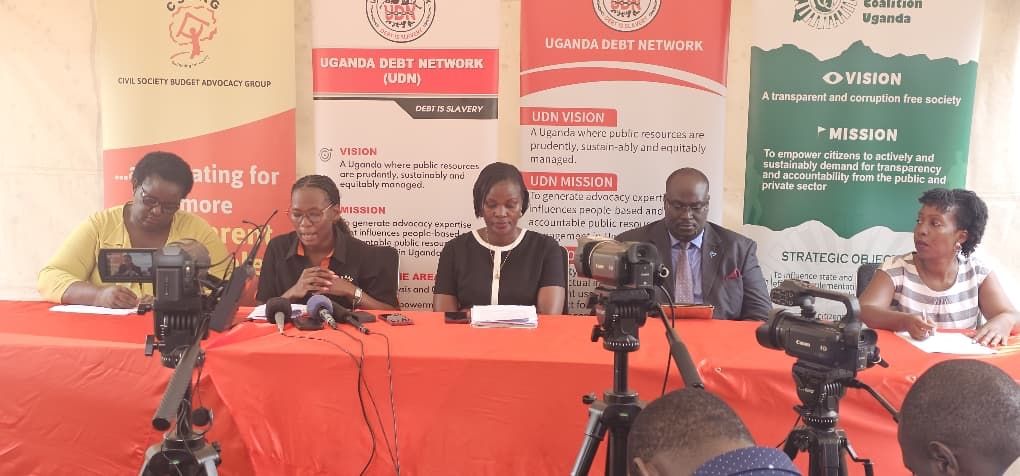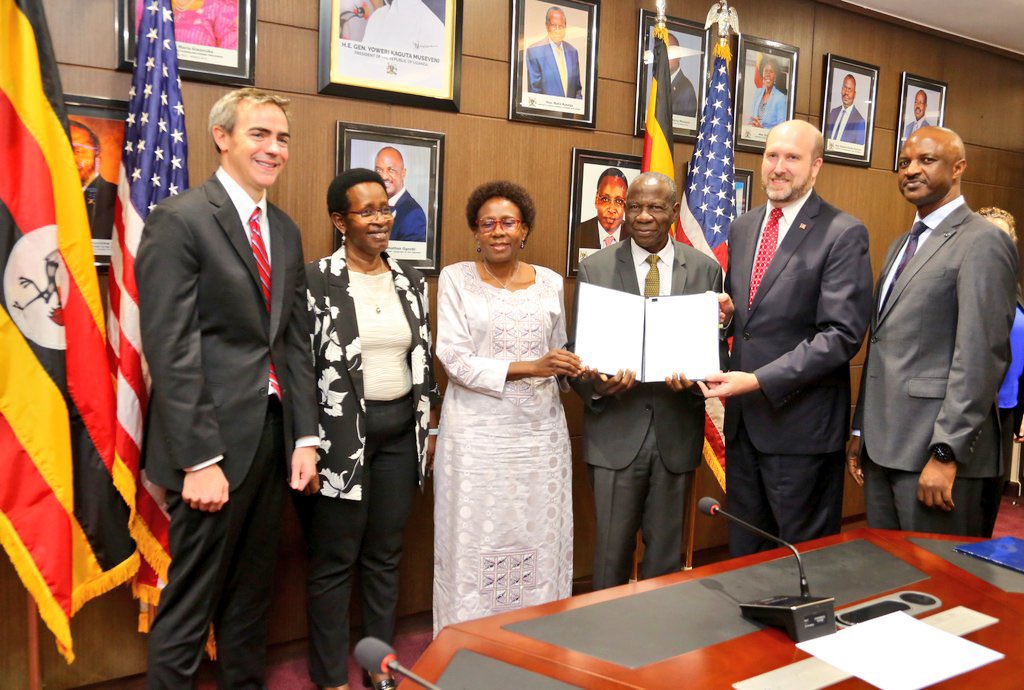CSOs demand action on sanitation and teacher shortages

Civil society groups in Uganda have called on government to urgently scale up investment in school feeding programs, sanitation, and teacher recruitment, warning that current budget allocations are failing to meet children’s most basic needs.
The Uganda Debt Network (UDN) and its partners under the Budget Transparency Initiative said that while government has taken commendable steps including the adoption of the National School Feeding Policy and an increase in youth program funding, major gaps remain in education, health, and child protection.
“Government must not only make commitments on paper but ensure that money follows these commitments,” UDN said during ongoing budget conferences across the country.
Among the pressing issues highlighted:
-
School Feeding: Uganda joined the School Meals Coalition in 2023 and pledged to roll out a national program by 2025. However, delays in finalizing and funding the policy mean millions of children continue to attend school hungry. A World Bank study shows school feeding could increase enrollment by up to 29%.
-
Sanitation and Menstrual Health: A 2024 audit found that most schools lack menstrual health facilities, emergency pads, and proper water and sanitation. The Inter-Ministerial Committee on Menstrual Health has been criticized as ineffective, with the Ministry of Gender spending only 10% of its budget on menstrual hygiene programs.
-
Teacher Shortages: Only 10.3% of seed secondary schools meet staffing standards. In regions such as Karamoja and refugee-hosting districts, the shortages are most acute, undermining equitable access to quality education. Some schools operate at pupil-teacher ratios above 1:200.
-
Health Equipment: With hospitals unable to maintain essential medical devices due to underfunding, communities risk losing access to critical care, especially in rural areas.
CSOs also warned about Uganda’s annual economic loss of $177 million due to poor sanitation, with nearly 23,000 deaths each year from diarrhea; most of them children under five.
They urged government to allocate more resources to clean water and sanitation infrastructure, speed up recruitment of teachers, and create formal platforms for children to directly participate in budgeting processes, such as through children’s parliaments.
“This is not just about education, it is about dignity, safety, and the survival of Uganda’s children,” the statement concluded.




